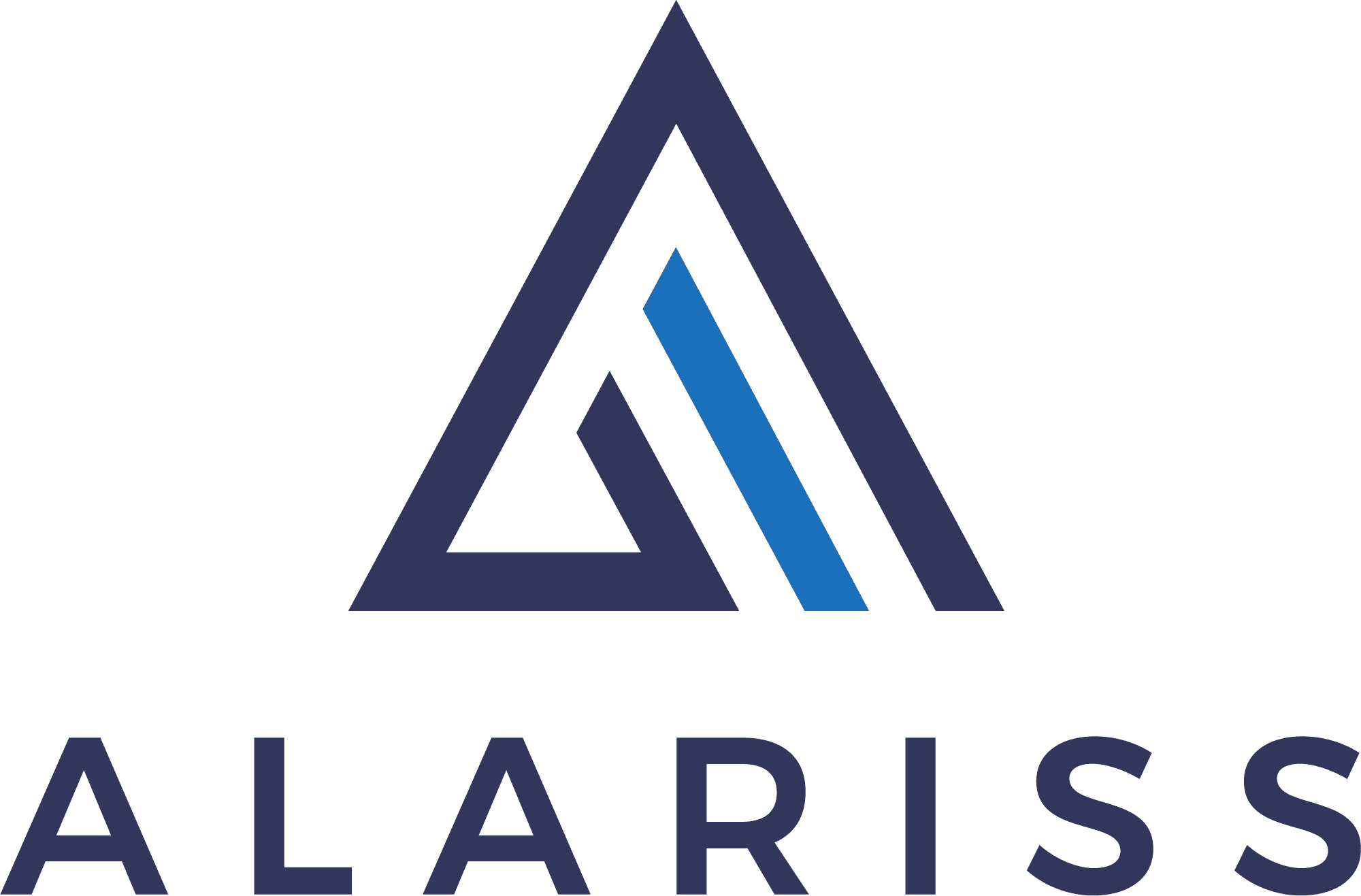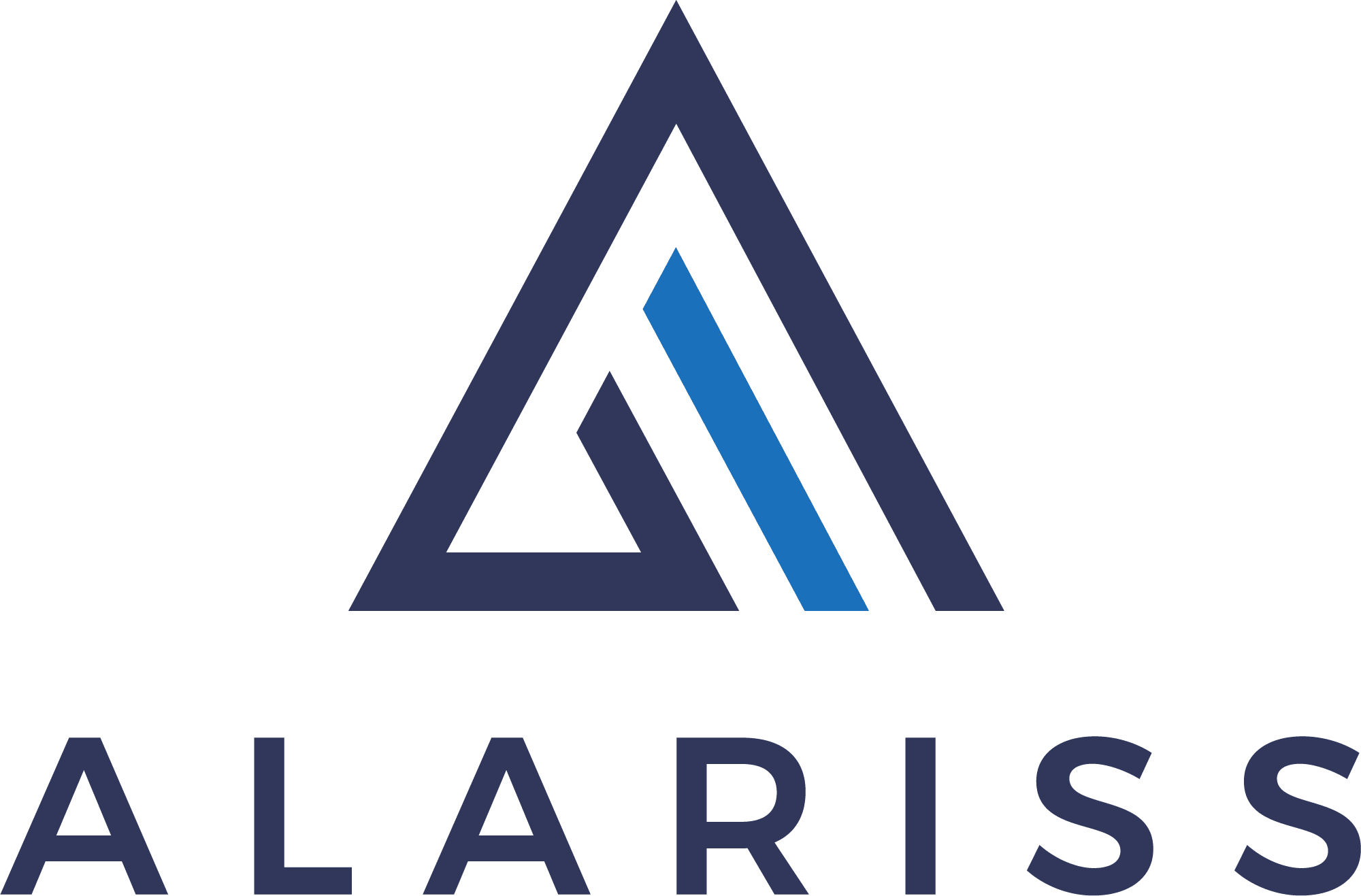Blog
Personal International Student Experience Finding a Job in the US


By Nhat Tran
August 23, 2021
By Rita Okonji and Nhat Tran
After completing their study program, a majority of students want to settle down and work in the US because of the high income, the opportunity to learn and develop a wide career. So if you want to stay in the US and look for career opportunities, here are the essentials that you need to know about working in the United States”:
Student Visa in the US
According to USCIS, The F-1 visa is issued to students who are enrolled in a full-time course (minimum 12 hours per course per semester) at a community college or university. Students can work part-time (20 hours or less/week) at any time without applying for additional authorization.
After completing nine months of study (not available to English Secondary Language – ESL students), with Curricular Practical Training (CPT), students can work part-time outside school during the school year or full-time during the summer or winter break, but not more than one year in total (part-time jobs count for half-time purposes only).
OPT Process for International Students
As an F-1 student, you can have up to 1 year of temporary work related to your major. You will be awarded one year of OPT based on the level of study you complete. If you want to stay in the US to work after you graduate, you can apply for OPT after completing the course. Students can also work full-time in their recently completed field. Students with science, technology, engineering, or math (STEM) majors can extend for an additional 17 months of full-time work in their area. Note: Only F-1 visa students are eligible to apply for OPT; J-1 students are not eligible.
For getting the OPT paperwork, you can dig into USCIS for more detail, but in summary, you must contact your designated school official (DSO) to start the paperwork and complete all formalities with the school. The University will then send your application to SEVIS, and if successful, you will receive a new I-20 with OPT, then you need to complete the OPT application and then submit them to USCIS.
While under OPT, students may work part-time(at least 20 hours per week ) or full-time. In addition, students are also allowed to work for more than one employer during this time but make sure your employment is related to your degree program!
H1-B Work Visa Process
Prior research is required from international students looking to build a career in the United States. Therefore, this may pose a threat to huge success for students after graduation if there hasn’t been proper planning involved. Additionally, most employers may not be aware of visa requirements associated with hiring an international student into their company. So, the responsibility falls on the individual to provide employers with the necessary information to help ease the visa sponsorship process once the offer has been signed & agreed upon.
If you want to continue your work in the US after your OPT period expires, you have to prepare and contact your company to sponsor your work visa. You must switch from a student visa to a work visa, known as an H1-B visa, a temporary work visa. More detail can be found via USCIS. In short, an H1-B visa allows you to stay in the US to work for a period of 3 years and can be extended for up to 6 years.
Challenges To Find a Job for International Students
Typically, international students already face difficulties finding a job after graduation due to a large US labor supply. Besides that, some of the work, especially in the science field, requires people to be permanent residents (PR) or citizens of the US to be eligible to get the internship according to American Psychological Association; that’s why it limits the ability for international students to gain experience and find a job in those fields. As a Vietnamese student studying in the US, I have many friends who have faced these issues. My friend was in Chicago and studied neuroscience. However, when I asked her about the journey of finding an internship, she mentioned that most of the positions required her to be a PR or citizen, that’s why she could not get any internship and she realized that the major will limit her ability to get a job, she then switched to biomedical engineering, a growing trend in the US lately. Another friend of mine was studying Art but then switched to Education since it has a better job placement rate. Some of my friends switched to STEM majors or tried to double major so they could have a better chance of finding a job.
These days, studying what you like is good but it is not enough. Some popular majors in the US like business or psychology are engineering are getting more competitive. Students find it harder to get a job these days due to work authorization restrictions and other legal complexities. STEM majors are a trend but it is getting overwhelming at the same time since more and more students take those majors.
Before the COVID-19 pandemic happened everything was hard but you can still get a job if you try your best. However, during the pandemic, most companies cannot withstand the cost and they fire a lot of employees, that’s why there is no reason why they should hire international students, and the fight to get a job is getting more extreme.
Tips for Finding a Good Job After Graduation
Based on the World Economic Forum, future job growth is leaning toward automation due to the effect of the COVID-19 pandemic along with technology adoption. More and more companies are prioritizing automation, scale remote work and accelerate digitalization. Hence, given these trends, we should choose the right majors which would be valuable in the new job market as mentioned in the US News and World Report and most demanding jobs in the next 5 years from the World Economic Forum.
In addition to choosing the right major; it is also important to conduct extensive research on your preferred university to find out whether or not your major would be classified as a STEM major as that plays a big role in your timeline working in the US. For example, if one decides to pursue Education at New York University under a Bachelors of Science in Global public health/applied psychology; this may not be the same case when applying to another university as that major might not be classified as STEM.
Secondly, a master’s degree (and above) is an advantage for international students to apply for jobs in the US after graduation. The next two conditions are clear indications of people who will get a job in the US after graduation: internships before and after graduation in the US.
The important factor in choosing a major and going to work in a particular profession is understanding what you want, what kind of person you want to be, and where you are strong. Moreover, each person needs to forge the ability to regenerate themselves. Only in this way, young people will find a way to get a job in such a competitive and demanding market like the US
Third, international students need to grow their network while living in the US. From personal experience, I applied to over 300+ companies post master’s degree and got a lot of rejections. My Linkedin connection helped me stay sane during trying times. I am grateful to have received a lot of coaching and guidance from mentors and connections. I learned to navigate the job market through the help of my Linkedin connections and amazing mentors. If I could go back in time to when I first landed in the US; the best advice I’d give myself is “Start Early”. Start making connections early. While in college attend all networking events, make yourself known to speakers, and lastly, always connect with them on Linkedin after the event.
To my fellow international students planning a move to the US or currently frustrated with the job market. Do not give up! Quick advice, connect with your career centers, professors and mentors, and most important NETWORK NETWORK NETWORK! As the saying goes; your network is your net worth so always reach out to people in different fields to learn ways to navigate your career path. Plus this would allow you to gain valuable insights on ways to get your foot in the door into your dream company that would potentially sponsor your visa in the United State. Always remember that success does not necessarily equate to an H1B visa sponsorship as there’s more to life outside of the US if things do not go as planned. For all international students seeking job opportunities at this time can leverage Alariss global as a great resource to get matched with the hottest emerging companies globally.




